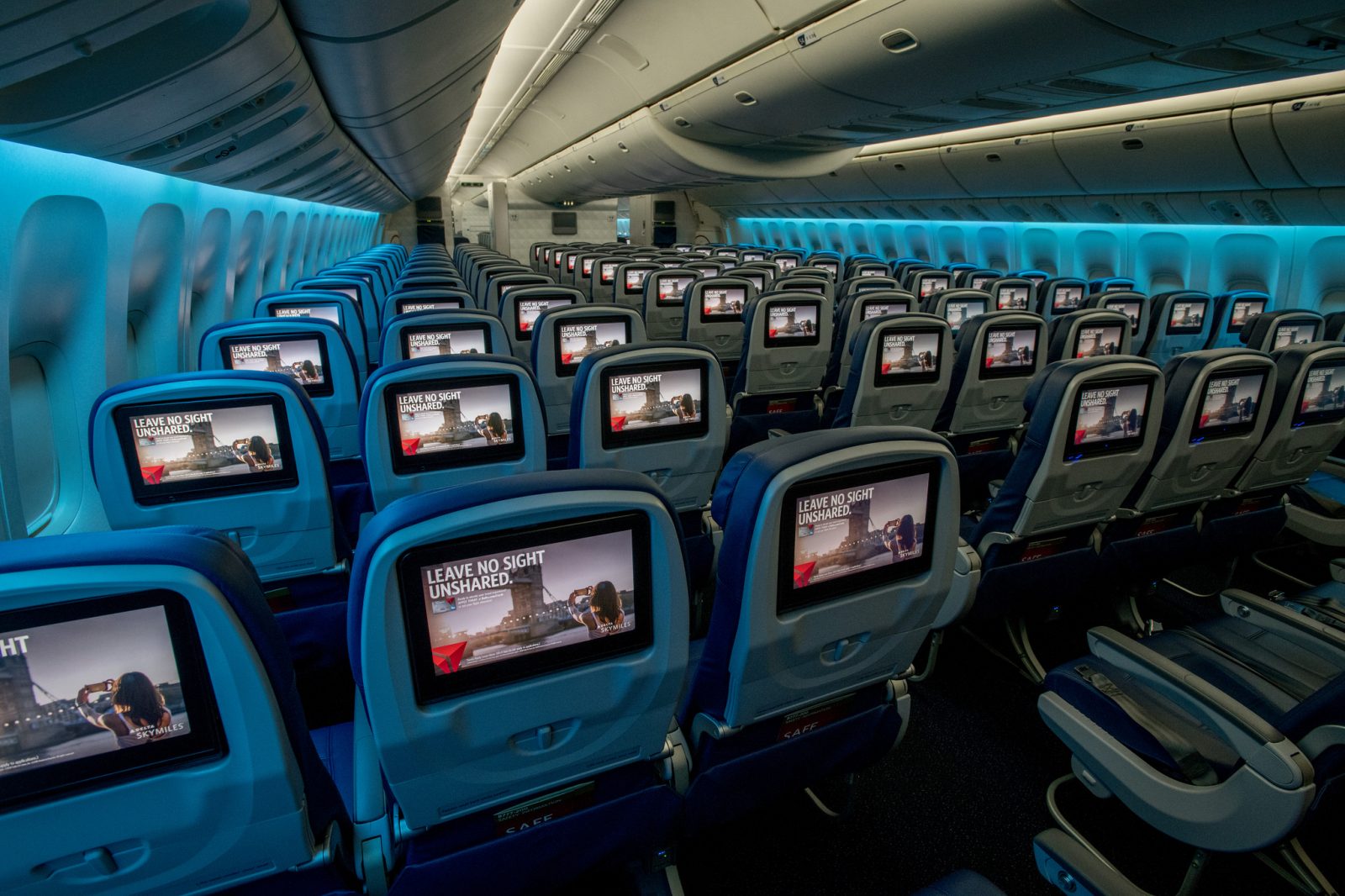
Researchers at the Harvard T.H. Chan School of Public Health are calling on all serving and former flight attendants to take part in the Flight Attendant Health Study – a pioneering piece of research which first started in 2007. The groundbreaking study aims to understand how “occupational exposures” can impact the health of flight attendants – and hopefully make improvements for the future.
Over 4,000 flight attendants took part in the first study and since then Harvard researchers have collected data from 12,000 crew members. Now in the third wave of the study, all past and present flight attendants (including crew who have taken part in previous studies) are being asked to complete the confidential and protected survey.
The aim is to understand how working as a flight attendant can affect your health and well-being – especially over time. The survey can take up to 30 minutes to complete but respondents will be entered into a draw to win an Amazon voucher valued at $99 USD.
It doesn’t matter where you live or work, so while many of the research findings in the past have been focused on U.S.-based flight attendants, this latest study could provide a far greater insight into a health effects of working as cabin crew around the world.
Findings from the previous waves of the study have already revealed some shocking statistics – for example, the original 2007 study found the prevalence of respiratory disease amongst flight attendants was approximately three times that found in the general U.S. population.
Sleep disorders, fatigue, depression and heart disease amongst female cabin crew was also much higher than what you would find in the general population.
As you may remember, the latest analysis from Harvard researchers found flight attendants have a higher prevalence of several forms of cancer, including breast, uterine, gastrointestinal, thyroid, and cervical cancers.
The researchers noted that the increased risk of many cancers could be linked to the fact that flight attendants are exposed to cosmic radiation. In Europe, relatively new rules on Flight Time Limitations were designed to reduce that exposure, as well as limit disruptive work schedules and circadian rhythm changes.
The link to take part in the study, as well as find out more information, can be found here.
Mateusz Maszczynski honed his skills as an international flight attendant at the most prominent airline in the Middle East and has been flying ever since... most recently for a well known European airline. Matt is passionate about the aviation industry and has become an expert in passenger experience and human-centric stories. Always keeping an ear close to the ground, Matt's industry insights, analysis and news coverage is frequently relied upon by some of the biggest names in journalism.







